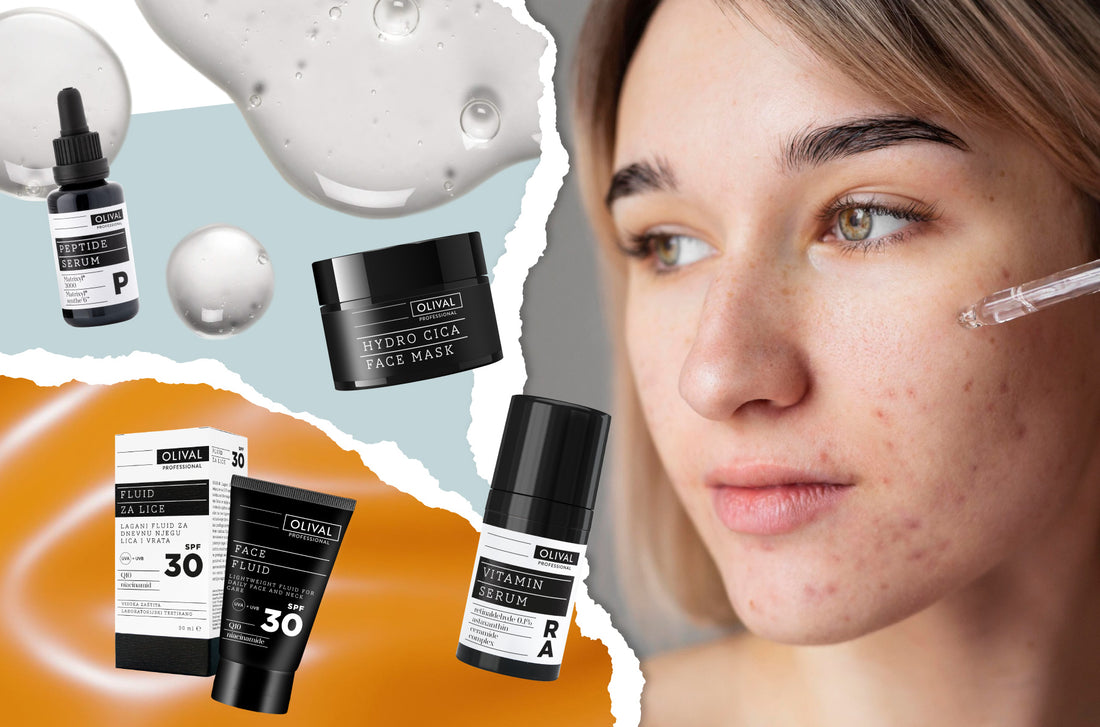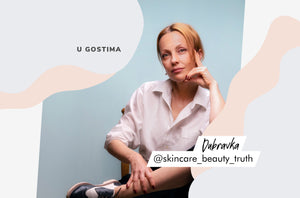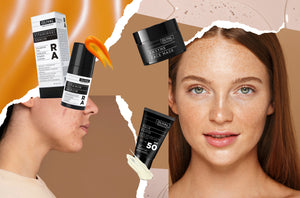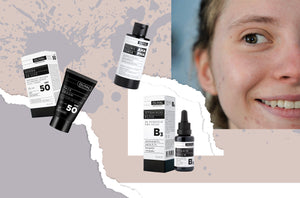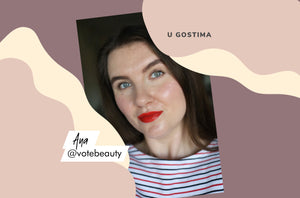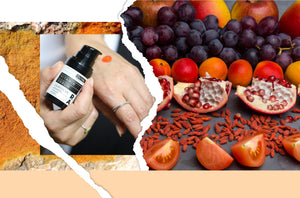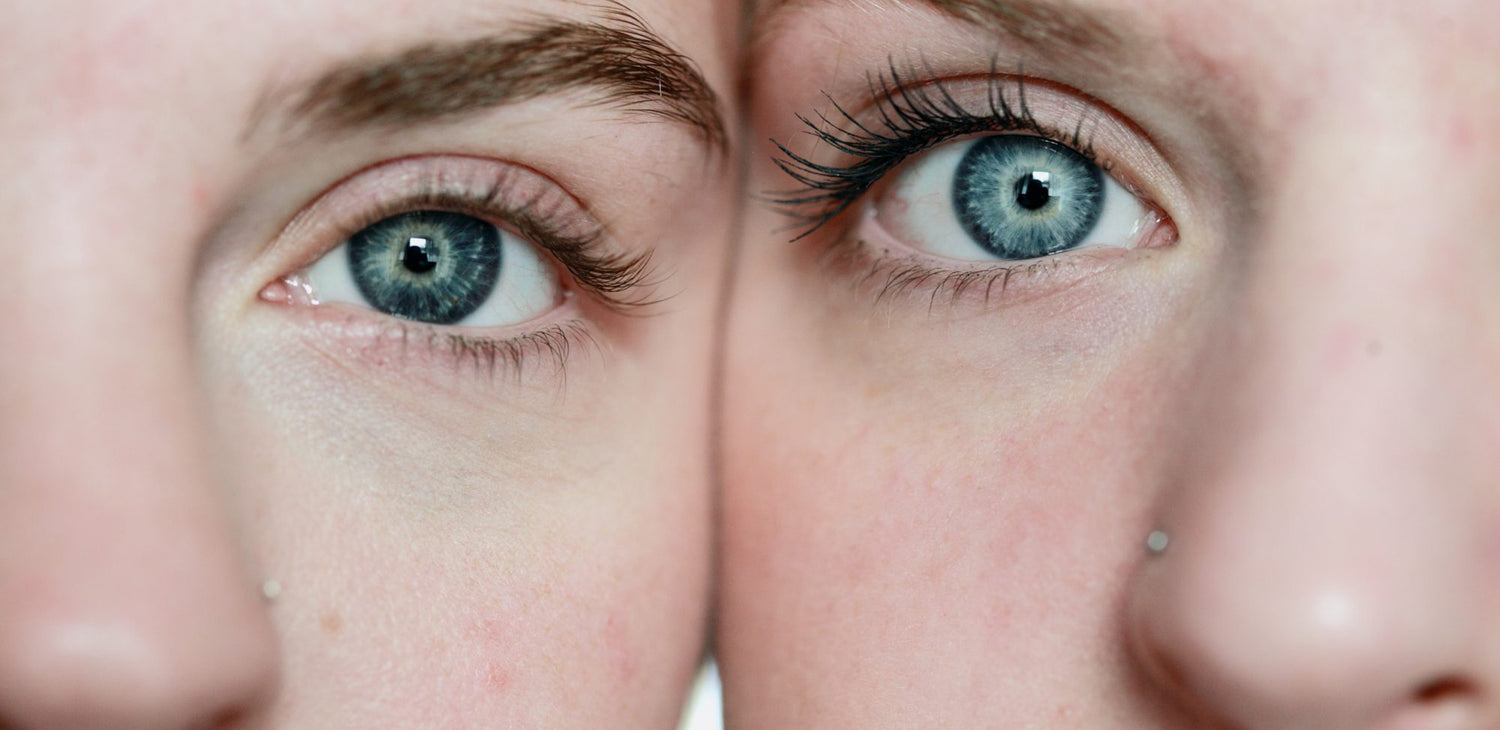On social networks, blogs and in the media, the (slightly misinterpreted) news resounded - retinol is banned. That is far from the truth. What exactly happens with this popular ingredient in skin care, but also what the alternatives are, we explain in detail below.
European customers are very protected
We live in a highly regulated and controlled area when it comes to cosmetic products. Knowledge about cosmetic ingredients and their (inter)action has changed over the years, and European cosmetic regulations have adapted to this. It is precisely on the basis of its regulations that it is determined which ingredients and in what percentages may be used in serums, creams, shampoos and other cosmetics, and which are completely prohibited.
The latest changes in the amendments raised dust back in June that is nowhere near settling. Namely, they are affected by one of the most present, most researched and proven active ingredients ever - retinol. Some media and public figures catastrophically announced a complete ban. In nature, it is only a restriction, and not for all forms of retinoids that are available on the EU market (and there are some). It is important to note that most of these additions to annexes are made as a precaution. Retinoids are actually forms of vitamin A, and this vitamin is soluble only in fats, and it is technically possible to introduce too much of it into the body. However, the greatest source of vitamin A is precisely the modern diet, and this type of regulation will perhaps contribute the most to moderation in the use of cosmetics and a more sustainable approach to care in the long term.
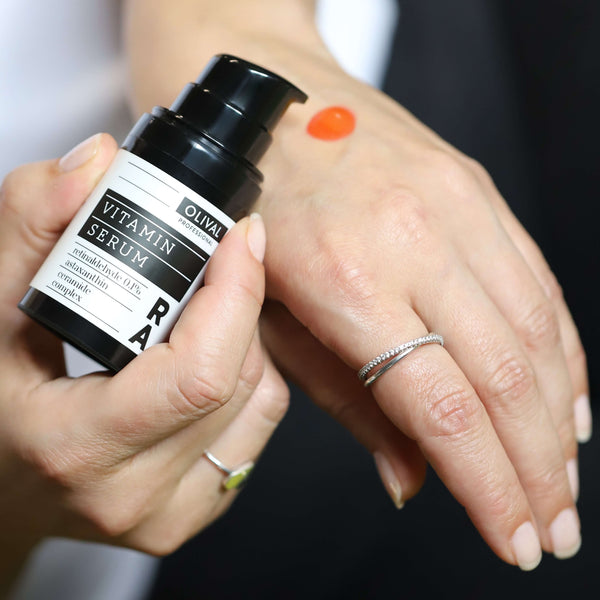
Retinol isn't the only top player
For many years, through education, we have emphasized that retinol is only one ingredient from a much larger group of retinoids. Retinoids can be of the topical or oral type. Topical retinoids are divided into over-the-counter cosmetic products and those available only with a prescription. Topical retinoids, and those that can be found in products on drugstore shelves, in addition to retinol, also include esters such as retinyl acetate, retinyl palmitate, hydroxypinacolone retinoate, and perhaps the more well-known retinaldehyde or RETINAL. Preparations based on pure ret are considered medicinal products. acid and other retinoids, including tablets for oral administration. Even if retinol is banned (and it won't be), there are really many options.
It's not banned, it just (p)remains limited
The new regulation proposal is as follows – retinol, retinyl palmitate and retinyl acetate will be limited to maximum concentrations of 0.05% in body products and 0.3% in other products that are washed off or left on the skin. The products will also carry a special note. The end of 2023 is mentioned as a possible period of confirmation and acceptance of this proposal. If it is accepted in its entirety, we will have the true picture of this regulatory change only in 2026, when ultimately there will no longer be illegal concentrations of these cosmetic retinoids on the market.
Explore more powerful retinal
There is no need to panic, since retinaldehyde is not affected by the change. This form of retinoid, on which the Professional Vitamin Serum RA is based, is actually the "more powerful brother" of retinol, which is right next to retinoic acid in the order of conversion. Retinaldehyde or retinal is a form of retinoid that shows extremely good action against premature aging of the skin and irregularities on the skin in the form of acne and pimples. We can freely call it an " all-rounder " because its effect on the skin has been thoroughly tested and is multiple. The conversion of retinaldehyde into retinoic acid enables a more controlled delivery of retinoic acid to the skin, thus milder negative effects (irritant potential) compared to retinol. This means less flaking and easier adaptation of the skin to concentrated care.
Same goal, different approaches
Bakuchiol is often mentioned as a substitute for retinol. This active ingredient derived from the plant Psoralea corylifolia does not have the same mechanism of action and effectiveness as retinoids, nor was it the subject of meticulous research like retinol, but its advantages are that it can be used during pregnancy and incorporated into morning care.
On the other hand, there are also peptides with a confirmed effect on the signs of early skin aging, and they also work preventively in the case of already visible wrinkles and fine lines. When it comes to these amino acid chains, the focus is usually on an active ingredient called Matrixyl®. Developed by Sederma, the specific amino acid formation is recognizable by perhaps the most used editions – Matrixyl 3000® and Matrixyl® synthe'6®, which are present in Peptide Serum P.

Peptides are ideal for care during pregnancy
The research results confirmed their extraordinary effectiveness. Matrixyl 3000® has been proven to "unlock" the renewal of collagen and elastin, thereby reducing the depth and size of wrinkles. It works on the texture of the skin, which becomes more supple, firmer and smoother to the touch. Matrixyl® synthe'6® stimulates new collagen production at several levels, down to the deepest layers of the skin, and together they stimulate the skin's self-renewal process . No less important, peptides are a neutral active ingredient that can be used by pregnant women, people with sensitive skin, in the morning or in the evening and in combination with other active ingredients. Whatever you choose for your care, it's always good to start from the beginning. These are hydration, renewal of the protective barrier with products such as Amino activator CM and, of course, protection from the sun. The balance of the skin and tenderness towards it are perhaps the most important "regulations" that must be respected.

